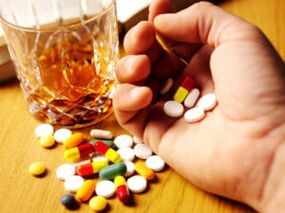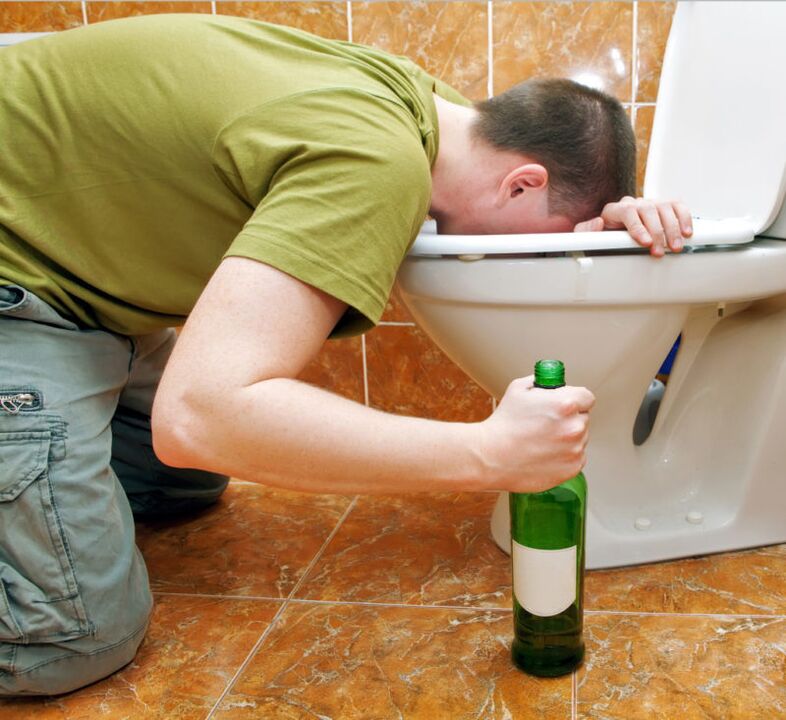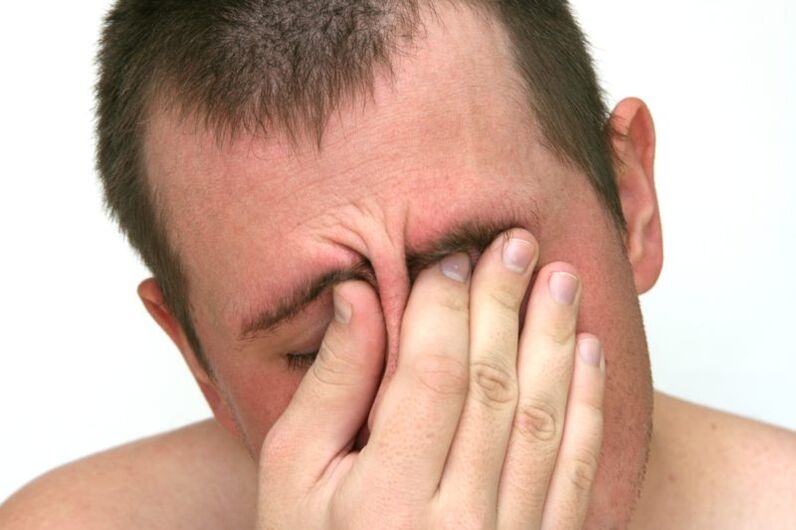
It is not uncommon for medication to be taken on holidays. Therefore, the question arises, is it possible to take antibiotics and alcohol, the compatibility of which is questionable?
There are many myths that the combination of alcohol and drugs does not harm the body.
Many people know that they should not drink alcohol while taking antibiotics. The main question arises: why?
This is what will be discussed in this article. You will also learn the consequences of drinking alcohol after antibiotics.
Then think about why you should not drink alcohol with antibiotics.
Possible results
Any sane person understands that health is the most important thing, so he does not want to take risks and give serious results. This very popular topic needs to be analyzed in detail, and the opinion of doctors should be taken into account to know exactly whether it is possible to drink alcohol while taking antibiotics. Experts say that taking the drug means a complete rejection of alcohol-containing products (this also applies to all low-alcohol cocktails and beer).
Long-term studies show that in some cases, alcohol intake does not interfere with antibiotic treatment in any way, but can lead to the following consequences:
- headache and migraine in the temple area;
- poisoning;
- adversely affects the kidneys and liver;
- mental disorders;
- dyspeptic syndrome.
Alcohol poisoning
Drugs with antibacterial properties that affect the causative agent of the disease destroy it. In the same way, antibiotics affect the whole body as a whole, but their concentration and dose are not enough to harm a person. During therapy, the organs of the urinary system and liver are overloaded as they struggle with the toxic effects of antibiotics.

If you add alcohol intake to it, the liver will take a huge extra load, resulting in addiction and alcohol poisoning.
The worst case scenario is when the active ingredients of the drug react chemically with fusel oils and ethanol. In these cases, the consequences can be dangerous and unpredictable, sometimes even fatal.
It should be noted that some of the drugs taken are intended to get rid of alcohol dependence. Contains components that react negatively to the appearance of alcohol in the blood. If you drink an alcoholic beverage and take such a drug, the destructive processes in the body cannot be stopped. Because the active ingredient of the drug will begin to suppress the enzyme responsible for the processing and removal of ethanol from the body. The acetaldehyde purification process stops - this is the main reason for the sudden deterioration of well-being. Acetaldehyde is very toxic, and because the body does not have the resources to cleanse itself, the poisoning continues to develop, resulting in serious consequences.
If you ignore the warnings of doctors and the contraindications in the instructions for the pill, there is a high probability of serious poisoning, accompanied by the following problems:
- tachycardia or arrhythmia;
- confusion, lack of coordination;
- disorders of the central nervous system;
- weakness and tremor;
- Vomiting;
- indifference;
- lethargy, drowsiness;
- gastric and intestinal dysfunction;
- blood vessel problems;
- acute heart failure.

When can you drink alcohol after antibiotics? It should be taken into account that the human body has individual reactions and characteristics, so the reason for these results may be many drugs taken simultaneously with alcohol. The first symptoms of poisoning may appear 10-15 minutes after drinking alcohol. It will take at least 10 days to restore health and eliminate the consequences. The result is that you can indulge yourself with wine, cognac or beer after the end of antibiotic treatment and more than 3 days after the last dose of the drug. Alcohol is allowed 2 days before the start of the drug.
Antibiotics and beer
The same thing happens with antibiotics and beer. Many people loved its bitter taste so much that they stopped considering beer an alcoholic beverage. However, research shows that taking antibiotics with alcohol is incompatible and has unpredictable results. The effect of the active substance of the drug is weakened, and therefore it is eliminated more slowly from the body. This phenomenon is explained by the fact that ethanol disrupts the liver, which is responsible for the processing of drugs entering the body. There are antibiotics that are strictly forbidden to take with beer.
After how many days can you drink non-alcoholic beer?
The widespread belief that non-alcoholic beer is not harmful during treatment is a misconception, because non-alcoholic beer contains a small amount of alcohol. It turns out that the possible consequences of combining antibiotics with this drink are the same as with traditional standard strength beer. The only caveat is that after antibiotics, non-alcoholic beer is allowed to drink after 2, not after 3 days. This is due to the faster excretion of small amounts of alcohol from the body and the fact that the liver is already working. purchase of heavy loads.
Thus, taking antibiotics with alcohol is far from the best solution. Think wisely and ask yourself why and what treatment did you start? The answer is obvious, and priorities must be set: you receive treatment to improve your health, you do not make the situation worse by drinking.
























